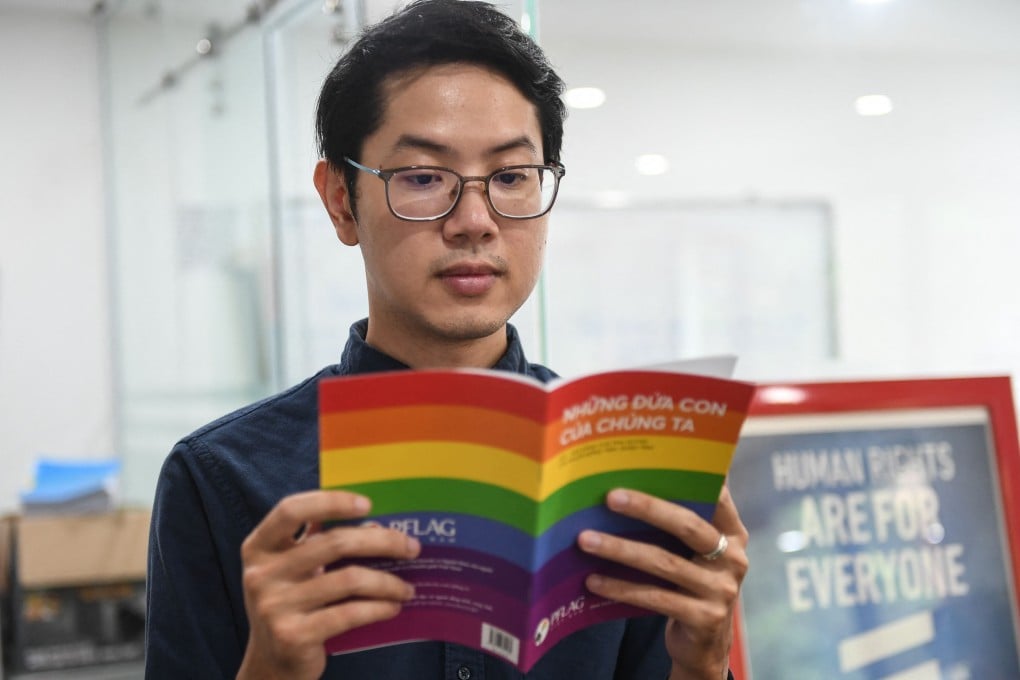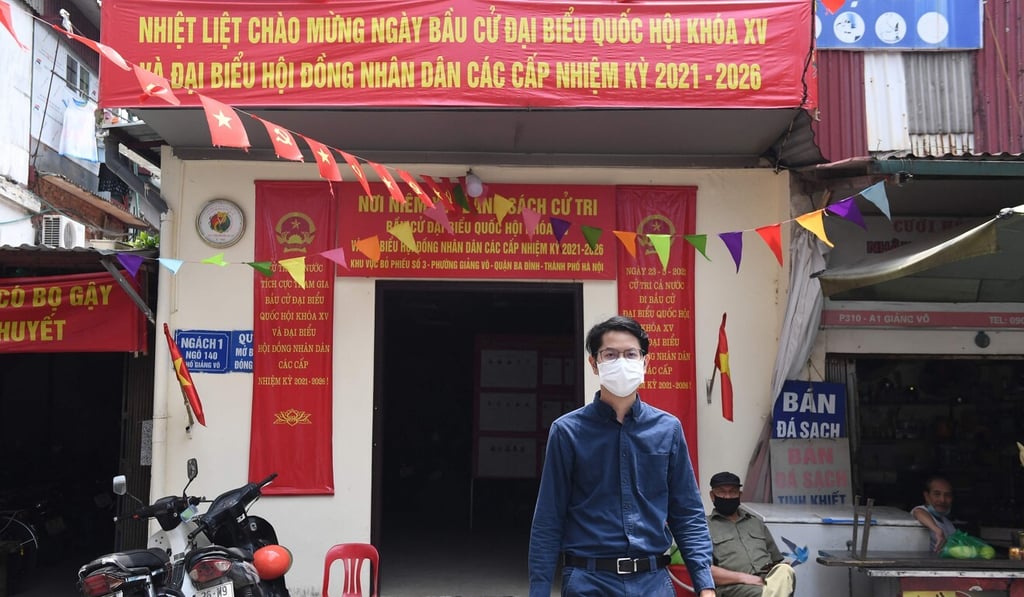Vietnam’s first openly gay candidate sets sights on National Assembly seat in Sunday’s vote
- Luong The Huy, 32, wants to boost the voices of lesbian, gay, bisexual, and transgender people, who have long felt discrimination in Vietnam
- But getting his name on the ballot in a communist, one-party state where fewer than one in 10 candidates are independents was no simple task

Huy, 32, running as an independent candidate for Vietnam’s National Assembly in elections to be held across the country on Sunday and wants to boost the voices of lesbian, gay, bisexual, and transgender people, who have long felt discrimination.
But getting his name on the ballot in the communist, one-party state was no simple task.

03:03
First openly gay candidate runs for Vietnam’s National Assembly
At the last elections five years ago, more than 100 independent candidates – including dissidents, a taxi driver and a pop star – tried to run, but just a handful made it through the gruelling selection process. Now that he has made it this far, he is clear about what he wants to achieve.
“I want people’s voices to be heard,” Huy said from his Hanoi office, sitting beside a framed poster bearing the slogan “Human rights are for everyone”.
Huy, who is currently director of Vietnamese NGO iSEE, which aims to empower minority groups to protect and promote their rights, has been campaigning for a decade to improve the lives of the Vietnamese LGBT community.
